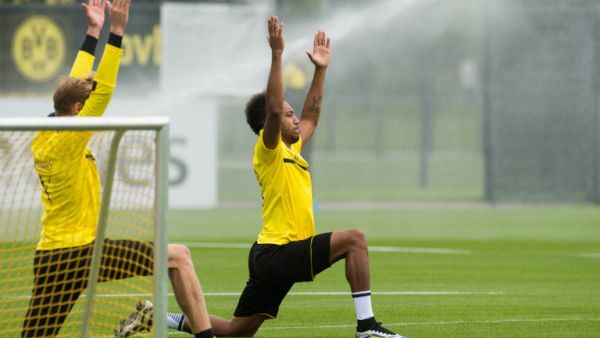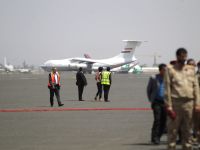Pre-season- that time of the year that makes sport scientists and conditioning coaches the most hated people in football. Or at least that is the way pre-season was perceived in the era where boots weren’t really required, the balls, were kept in the storage facility and players would not be blamed for thinking they went to sleep in May as a footballer and woke up in July as a cross-country runner.
But times have changed, and pre-season has grown more scientific. The concept of ‘no pain, no gain’ has been adjusted and instead of merely overworking players to create the right physical conditioning foundation, a more systematic approach is now used. Players training loads are now better managed, their conditioning also incorporates some ball work, and the focus is not on football-specific training that can be individualised depending on the individual characteristics of the player. The aim during pre-season is not just to start the season in peak physical condition, but rather to ensure that players can maintain a high level of physical performance throughout the season. The other aim of pre-season training is to ensure that good injury prevention programmes are implemented to decrease the risk of injury not just in the short-term but in the long term as well. Pre-season programs often have to be individualised because the freshness and fatigue levels of players might differ. During the club off-season, there are still often national team fixtures, and in the South African context there were teams still playing CAF club matches. This means that the Off-season might not really be a full –off-season and rather just a short transition from one season to the next. Different coaches will have different plans in order to balance work-loads and rest periods to ensure that despite the challenges players are able to cope with the demands of the new season. Regardless of coaching philosophy, the key in pre-season is to maximise training adaptations while preventing overtraining and injury.
But pre-season is not just about getting the player physically in the right condition for the season ahead. It also involves social, psychological and lifestyle conditioning. Players need to readjust to living a ‘good’ football lifestyle, getting enough rest, eating properly etc. New players are also socially inducted into the team and pre-season provides an opportunity to create bonds and understandings on and off the field.
The transfer window (which occurs more than once a year) also creates its own challenges, with coaches and players trying to prepare for the upcoming season amidst rumours, half truths and the maybe and could be’s of which players might leave a team or arrive. This can impact the psychological preparation of players, as they might feel threatened about their space and role within the team, or they could be unsure about whether they will be moving or not. This uncertainty does not affect the player involved but impacts the whole team and makes the planning even more challenging.
Football is a global game, with huge commercial interests. One of the challenges often faced when planning the ideal pre-season program is the balancing act of coaches wishes, players needs and the marketing plans of the club. Internationally, we see European clubs embarking on pre-season tours to exotic lands, where they play a combination of other European teams and local opposition. These tours create special challenges such as the effect of travel, and issues related to jet-lag, nutritional challenges where teams may be required to combine local cuisine with their usual, carefully crafted individualised eating plans, dealing with media and fan commitment, and trying to ensure that the clubs branding goals can be met without compromise of the teams on-field pre-season goals.
Whilst we all know the players are busy with their teams planning their strategy for the coming months, we need to remember there is another group undergoing their training. The referees. The physical workloads during matches of players are comparable to that of players with referees likely to cover similar distances and movement patterns of central mid-fielders. This means that preparation for referees is just as key as it is for players. Referees also undergo compulsory fitness tests which must be passed before they will be allowed to referee. The timing of these fitness tests means that referees must be already fully fit by early July, leaving many without a break at the end of the season. Like with players, pre-season for referees is not just about physical conditioning. Referees also need to keep up with changes in laws in the games, or enhance their capability to interpret and implement the laws of the game








